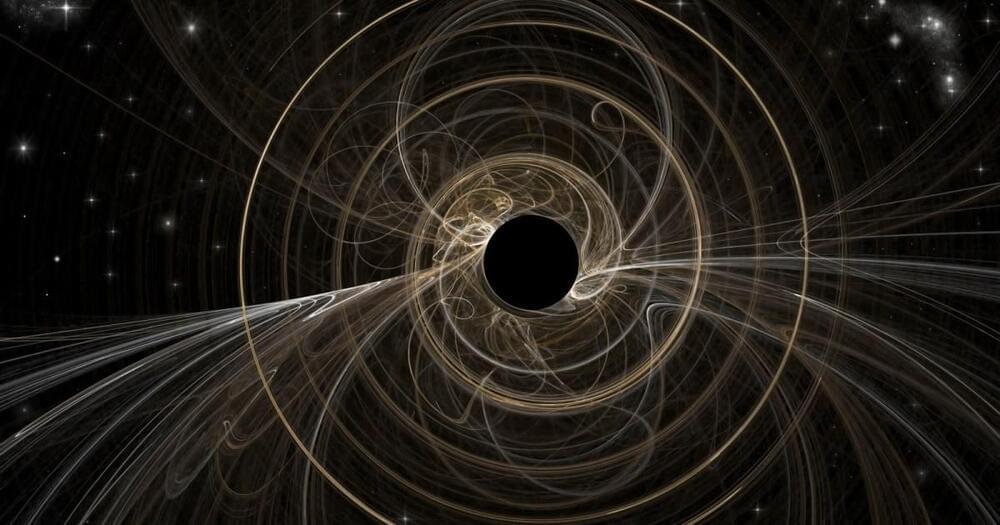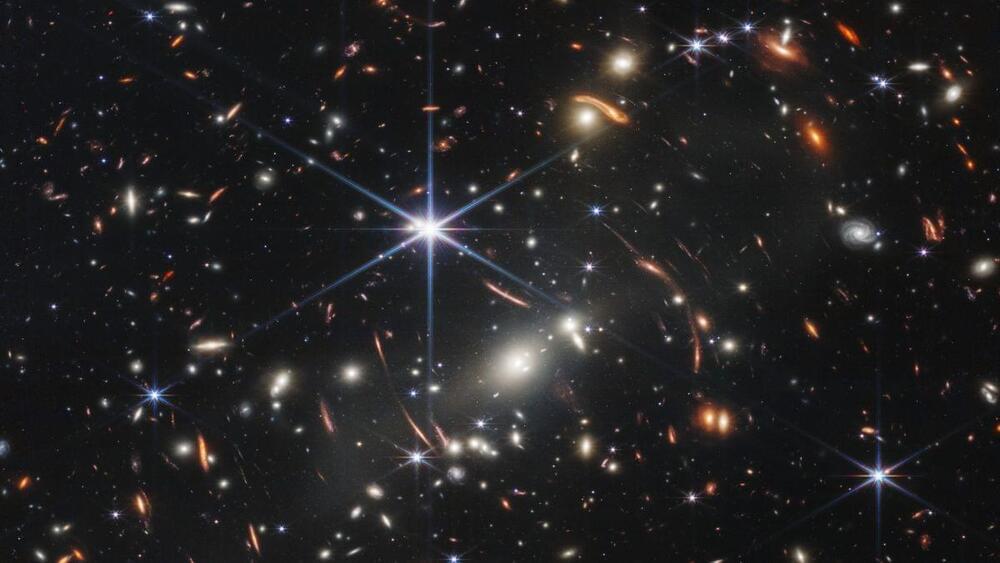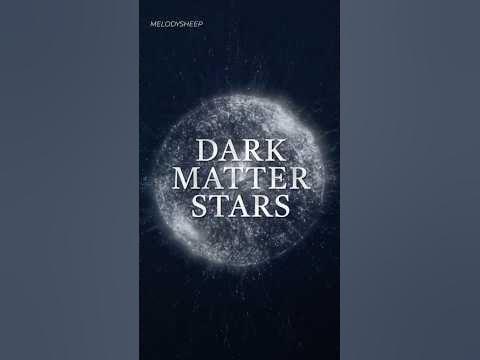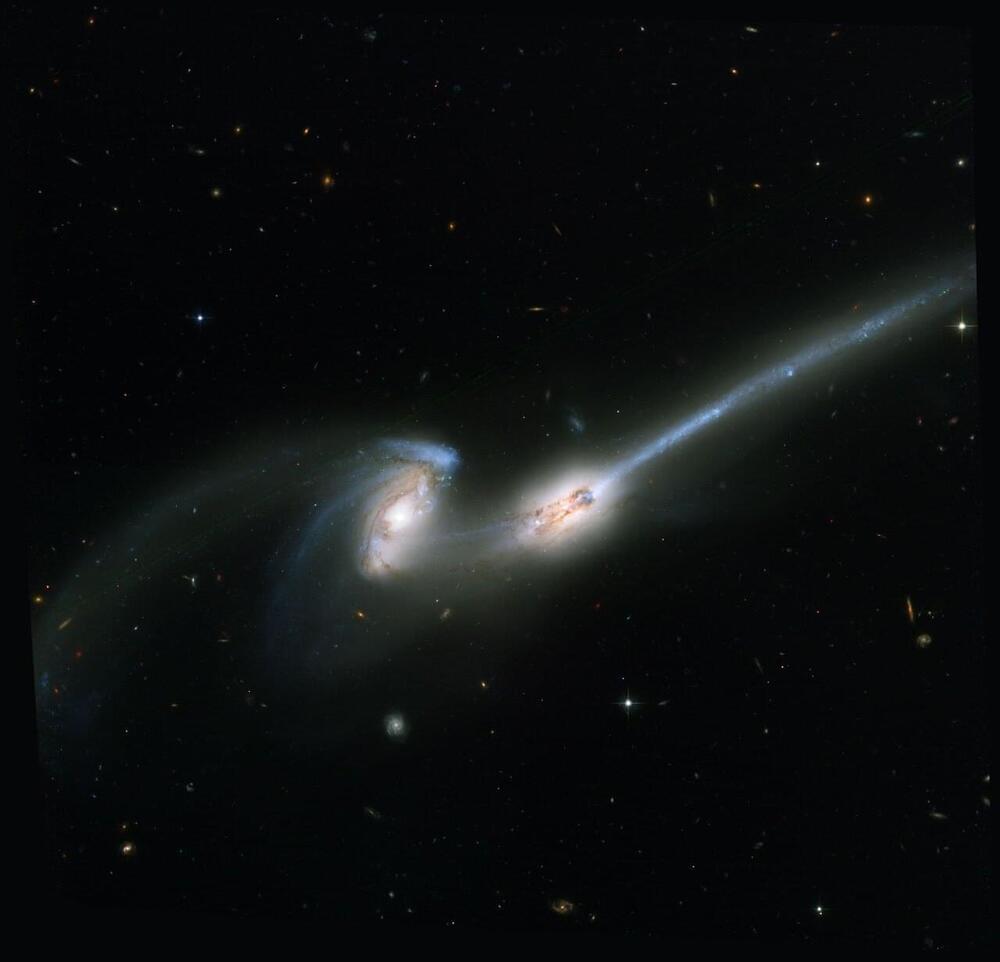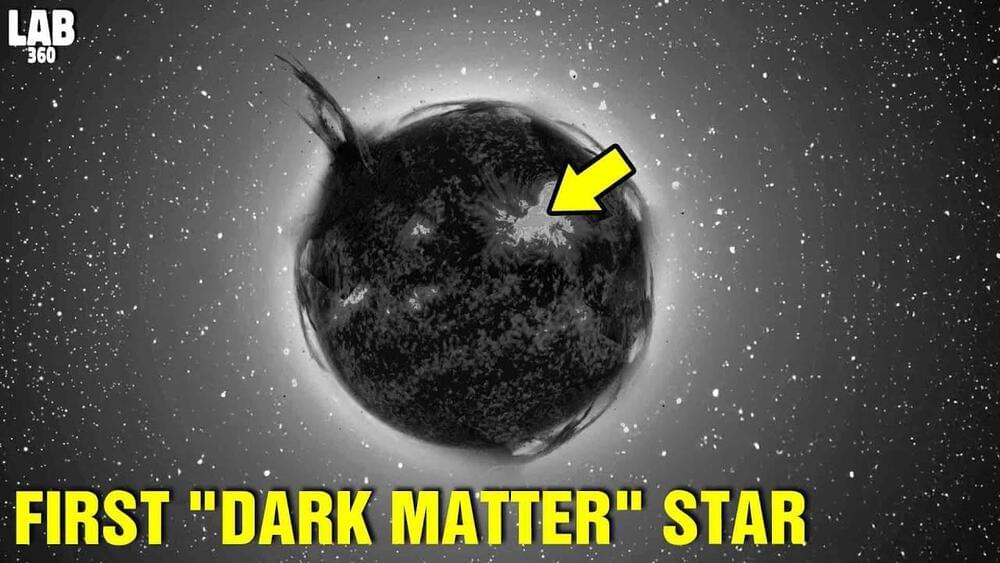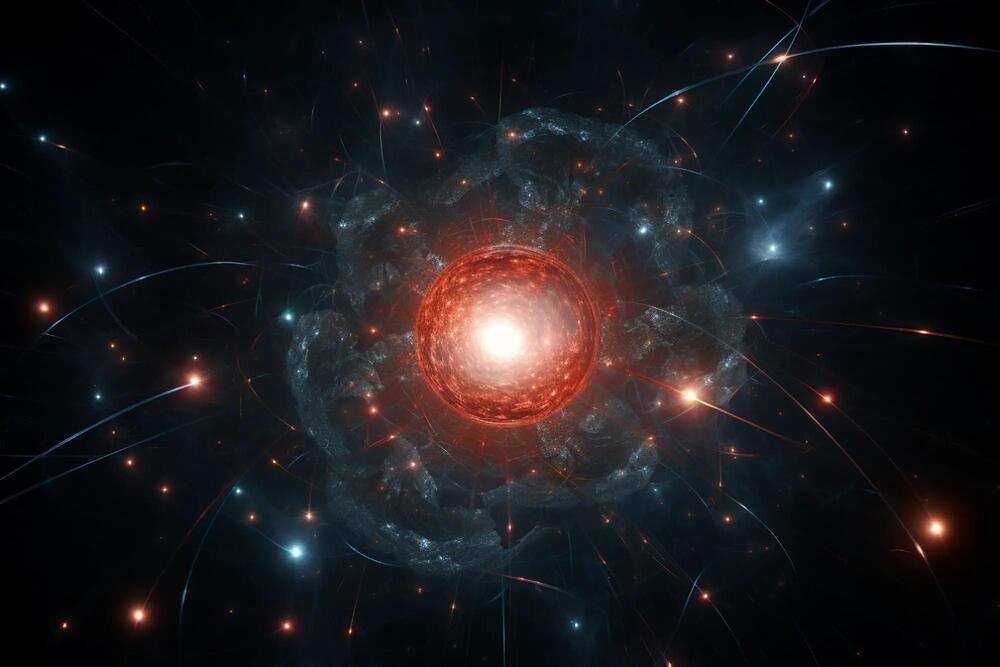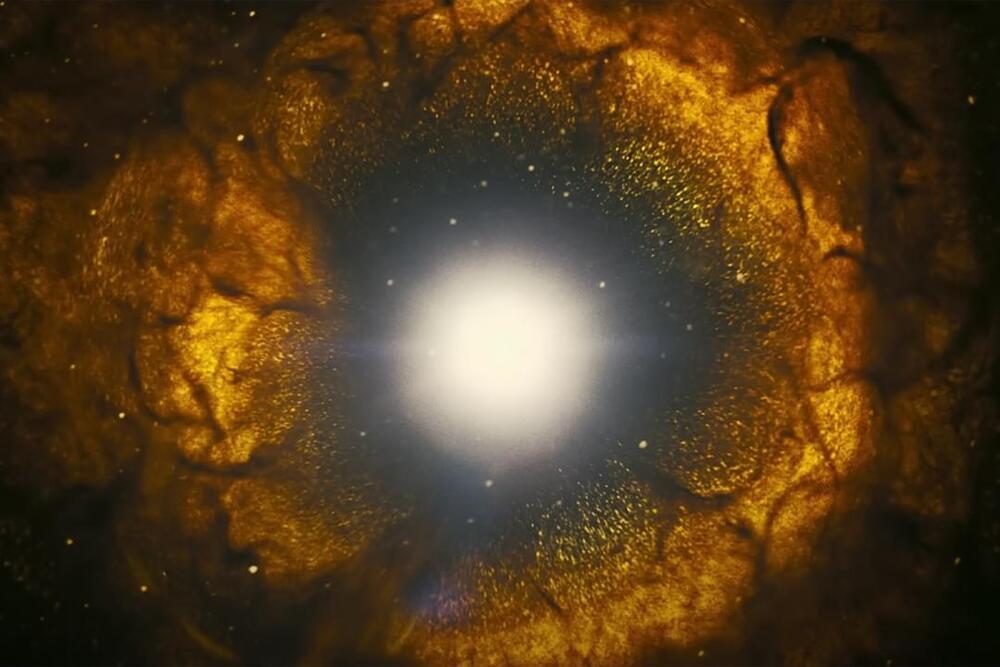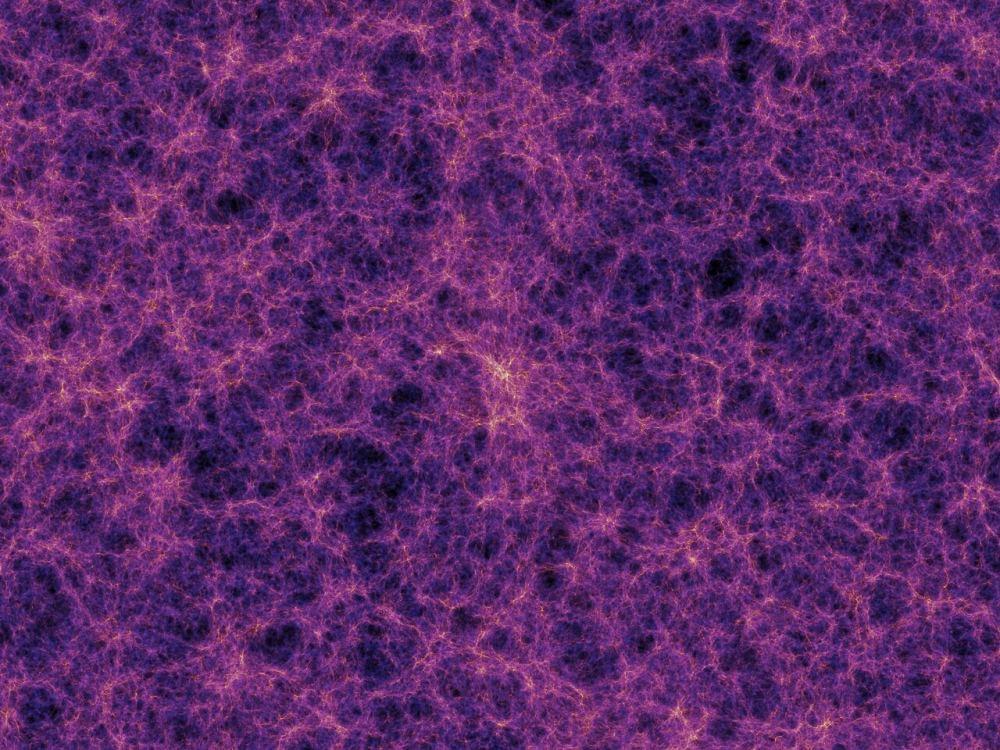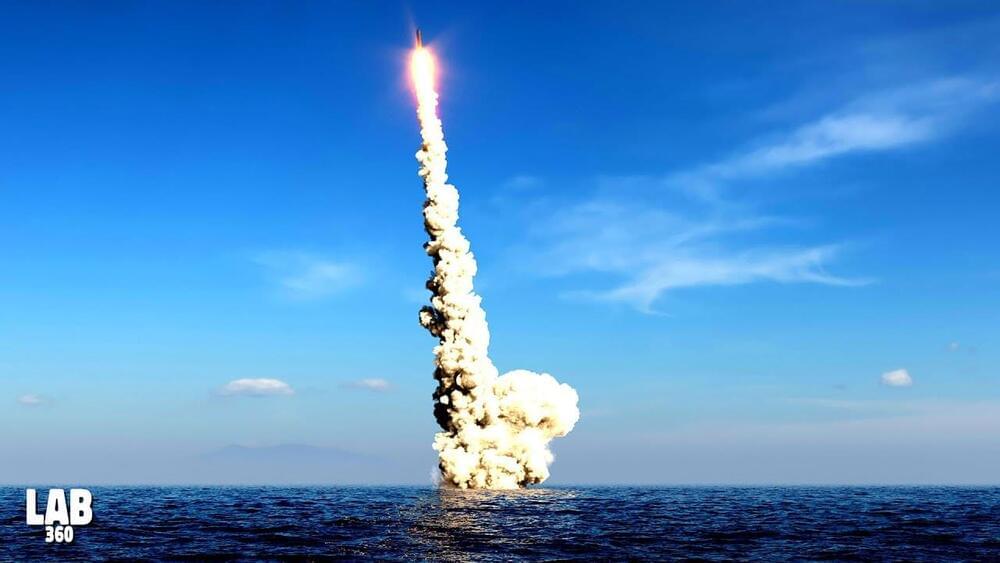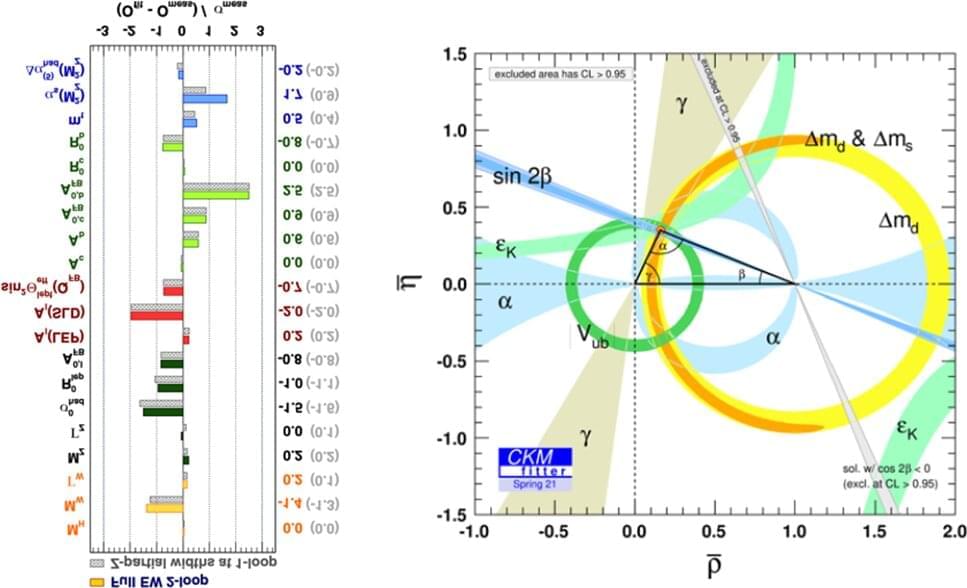
The discovery of the Higgs Boson in 2012 represented a major turning point for particle physics marking the completion of what is known as the standard model of particle physics. Yet, the standard model can’t answer every question in physics, thus, since this discovery at the Large Hadron Collider (LHC) physicists have searched for physics beyond the standard model and to determine what shape future physics will take.
A paper in The European Physical Journal H by Robert Harlander and Jean-Philippe Martinez of the Institute for Theoretical Particle Physics and Cosmology, RWTH Aachen University, Germany, and Gregor Schiemann from the Faculty of Humanities and Cultural Studies, Bergische Universität Wuppertal, Germany, considers the idea that particle physics may be on the verge of a new era of discovery and understanding in particle physics. The paper also considers the implications of the many possible scenarios for the future of high-energy physics.
“Over the last century, the concept of the particle has emerged as fundamental in the field of physics,” Martinez said. “It has undergone a significant evolution across time, which has opened up new ways for particle observation, and thus for the discovery of new particles. Currently, observing a particle requires its on-shell production.”
